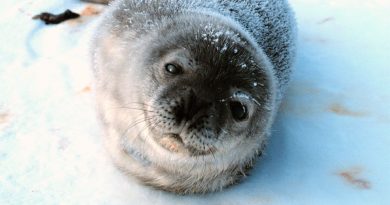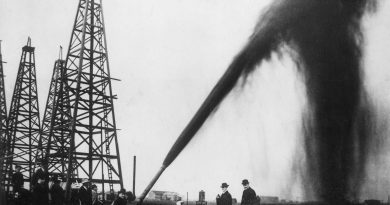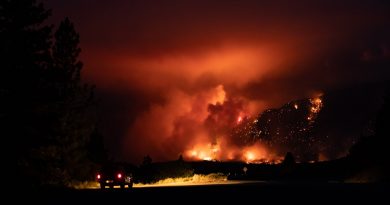Norway committed to keeping Arctic Council as leading forum on North says ambassador
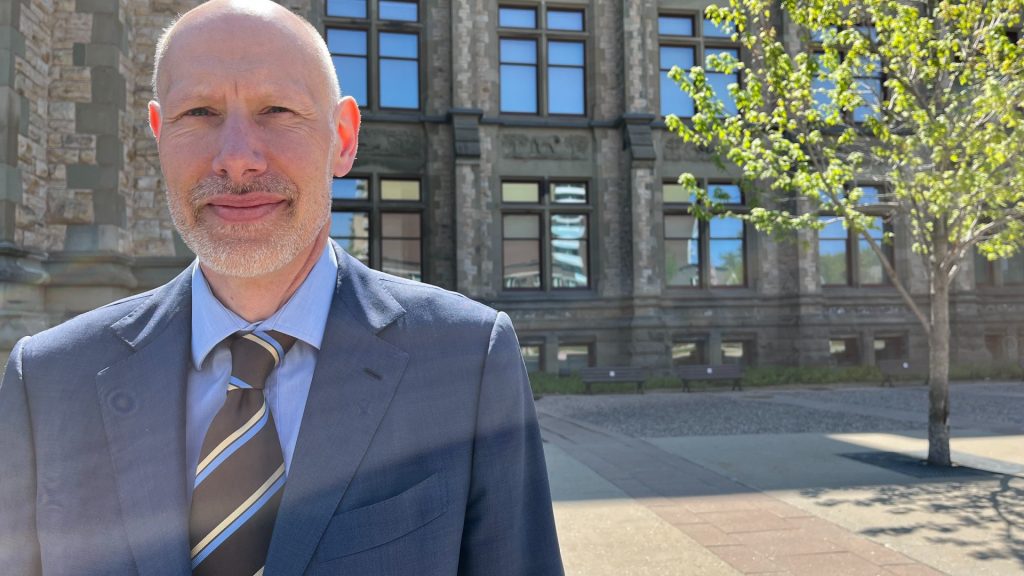
OTTAWA—Norway says it’s committed to ensuring the Arctic Council remains the leading forum for northern issues despite the ongoing disintegration of cooperation between Russia and the West, Norway’s ambassador to Canada, Jon Elvedal Fredriksen, told an Ottawa Arctic conference on Thursday.
“Our aim is for the Arctic Council to resume its important work,” Fredriksen told the Arctic Frontiers Abroad conference in Ottawa.
“And now, with the other Arctic states, we will explore how this is going to be achieved.”
Fredriksen’s comments came the day Norway took over the two-year, rotating Arctic Council chairmanship from Russia, more than a year after the breakdown in Russian-Western cooperation within the forum after Moscow’s invasion of Ukraine.
The Arctic Council was created in 1996 to enable the cooperation of the circumpolar states on sustainable development and environmental protection. It’s made up of the eight Arctic states and six Arctic Indigenous groups.
The seven Western states—Canada, Denmark, Finland, Iceland, Norway, Sweden and the United States—paused their participation in the Arctic Council’s work in March 2022 in protest of Russia’s Ukraine invasion saying it undermined many of the founding principles of the forum, which include sovereignty and territorial integrity based on international law.
In June, the Western states announced they’d resumed work together on some of the forum’s projects, but only those that didn’t involve Moscow.
Keeping the forum together
Norway’s chairmanship priorities include oceans; climate and environment; sustainable economic development; and people in the North.
Fredriksen said despite the challenging geopolitical climate, Norway is confident the Arctic Council can continue to provide leadership when it comes to climate change and sustainable development in the North.
“We have to look at practicalities and how we can move forward on these priorities we’ve set out in our program and keep the forum together as one,” Fredriksen told Eye on the Arctic.
“We do not want to have political meetings with Russia at this point in time and that hasn’t changed. But I think the Arctic officials will have to sit down and see how practical cooperation can move forward to preserve the council as the main body for the Arctic.”
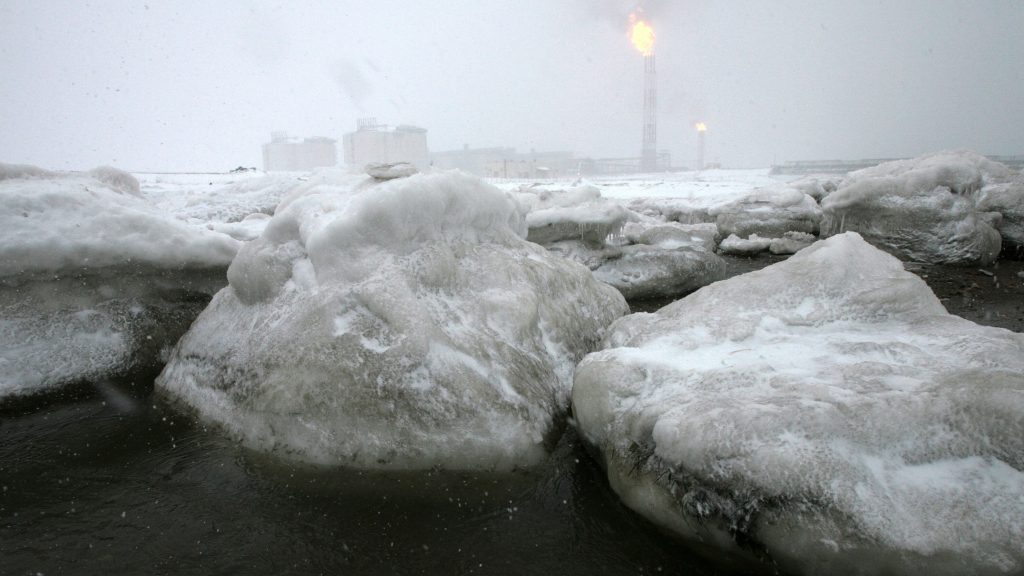
Scientific cooperation is one the areas that will be looked at, Fredriksen said.
“It’s been a year since the suspension of institutional cooperation with universities and science institutions in Russia and we definitely need to sit down and figure out how we can make sure that we don’t lose the results we’ve already achieved in the Arctic Council working groups and see how we can proceed getting the necessary data to the table.”
Norway well-placed for task ahead, says expert
Dwayne Menezes, the founder and managing director of the UK-based Polar and Policy Initiative think tank, says the task ahead is enormous, but that of all the Arctic countries, Norway is probably the best placed to navigate the forum through the next two years.
“Norway’s been that one NATO member state that’s had constant links with Russia,” Menezes said in a phone interview.
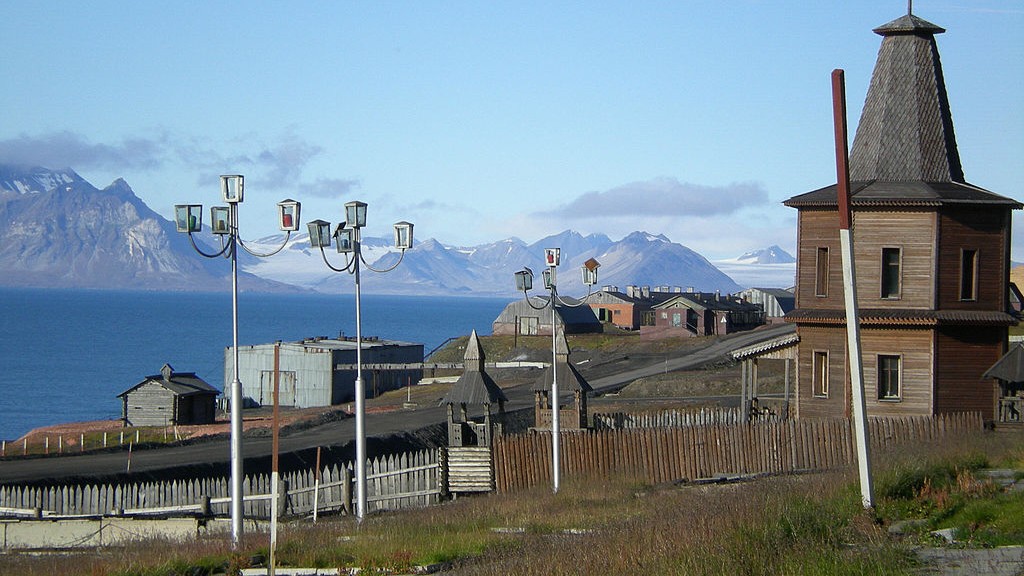
Menezes highlighted Oslo’s long experience dealing with Moscow in places like the Svalbard archipelago; extensive history of cross-border cooperation though Kirkenes, the arctic Norwegian town next to the Russian border, and its success in negotiating a fisheries agreement with Russia in October 2022, as examples of its unique position. At the same time, Oslo hasn’t hesitated to act decisively when necessary, as it did in April expelling 15 intelligence officers working at the Russian embassy under diplomatic cover, he said.
“If you look at that expertise developed in northern Norway in working together with Russia for the common good, while at the same time being very clear about Norwegian values, as when they expelled the diplomats, it’s that particular dynamic that Norway is able to bring to the table.
“And as Norway has with fisheries, I think there’s a way for the Arctic Council to move ahead on things like data sharing in relation to permafrost, methane and carbon emissions but without going soft on Russia.”
Does Russia still want the Arctic Council?
Western sanctions hit Russia’s Arctic energy projects hard, and Moscow has increasingly turned to Asia, and especially China, to make up the financial and technological shortfall.
There are also concerns that the longer Arctic Council cooperation with Moscow remains on hold, the greater the chances that China and Russia set up a rival sphere of influence in the North.
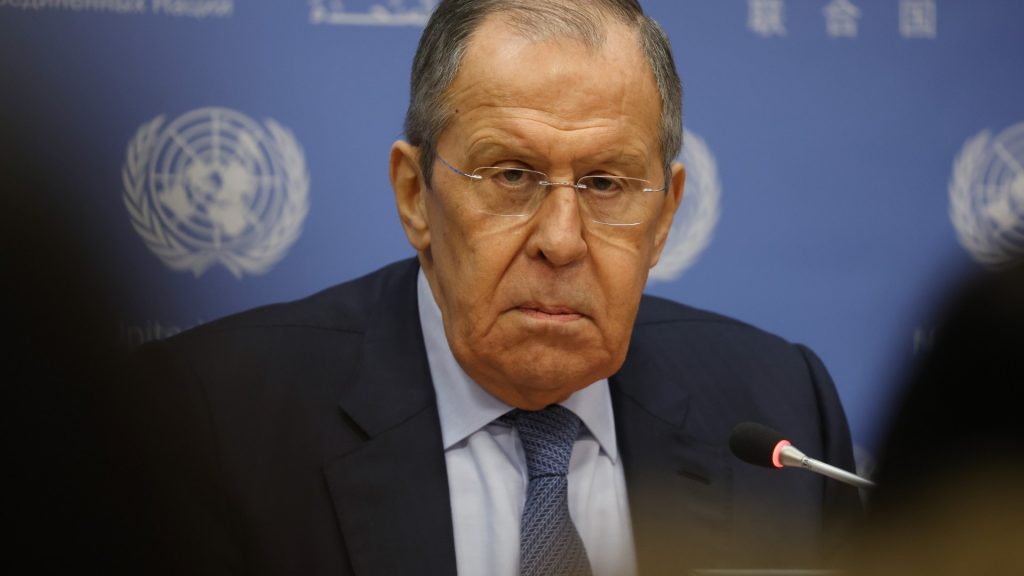
Mathieu Landriault, the director of the Observatoire de la politique et la sécurité de l’Arctique (OPSA) at the École nationale d’administration publique (ENAP) in Montreal, says discussion to date has been dominated by when and if the seven Arctic states will let Russia back in. But the elephant in the room is: Is that something Moscow even still wants?
“The Arctic Council was not in Russia’s most recent strategy document, we see Russia is extending cooperation with China in maritime surveillance and the BRIC countries with scientific cooperation, so having more Arctic initiatives with non-Arctic states,” Landriault said.
“But what we don’t know yet is whether this is a strategic move aimed at pressuring the Arctic states and conveying the message, ‘If you don’t resume cooperation with us at the Arctic Council, we can collaborate with other partners,’ or, if it genuinely reflects Russia’s indifference towards the Arctic Council, and is signaling Moscow will now align with any country interested in working with them in their part of the North.”
Can rapid innovation save the forum?
Menezes says the Arctic Council’s current framework makes it difficult to suspend cooperation with one member without shutting almost everything down, and that rapid innovation is needed to ensure the body’s survival.
“The success the Arctic Council has generally enjoyed over recent decades seems to prevent it from looking beyond its own shadow to identify potential solutions,” he said.
“The Western Arctic states tend to agree that there is a problem with the bathwater, but they seem unable to identify any solution other than either to throw the baby with the bathwater or to keep the baby submerged in the bathwater.
“The tragedy is that no matter which situation one chooses, the baby is unlikely to survive.”
Write to Eilís Quinn at eilis.quinn(at)cbc.ca
Related stories from around the North:
Canada: Political, military luminaries call on Ottawa to stop backsliding on national defence, CBC News
Denmark: Arctic security key in upcoming defence agreement: acting Danish defence minister, Eye on the Arctic
Finland: Russian cyber attacks, espionage pose growing threat to Finnish national security, Yle news
Greenland: Growing focus on Arctic puts Greenland at higher risk of cyber attacks: assessment, Eye on the Arctic
Iceland: NATO anti-submarine warfare exercise underway in North Atlantic, Eye on the Arctic
Norway: Russia-China coast guard cooperation big step, says Arctic security expert, The Independent Barents Observer
Russia: Russia’s growing dependence on China altering dynamics in Arctic, UK committee hears, Eye on the Arctic
Sweden: Russian spy ships surveying Nordic energy infrastructure, Radio Sweden
United States: U.S. nominates Alaskan as first Arctic ambassador, Eye on the Arctic

